Description
In the world of fluid control, precision, safety, and efficiency are paramount. One innovative solution that has gained significant popularity is the Double Block and Bleed valve, commonly known as the DBB valve. With its unique design and functionality, the DBB valve has revolutionized fluid control systems across various industries.
Parameters of DBB Valve
Name: Double Block and Bleed DBB Valve
Material: A105/SS 304/SS 316/F51/F53/F55 or meet actual needs
Feature: Easy Operating; High Accuracy Long Life; High Efficiency Low Cost
Standard: ASTM, ASME B16.5
Advantages: Improved safety, leak paths reduced by up to 60%; Reduced costs, installation and component costs reduced by up to 70%; Reduced susceptibility to problems caused by vibration
Key Features of DBB Valve:
1. Frictionless Sealing: The design of DBB valves ensures no contact between the sealing surfaces, resulting in minimal friction and wear. This not only extends the valve’s service life but also reduces the required opening and closing torque.
2. Simplified Maintenance: DBB valves allow for easy maintenance without the need to remove the valve from the pipeline. By simply disassembling the valve bottom cover, a pair of sliding plates can be replaced, streamlining maintenance procedures.
3. Cost-Effective Design: The reduced diameter of the valve body and cock contributes to cost savings without compromising performance. The valve body’s inner cavity is plated with hard chromium, providing a hard and smooth sealing area for enhanced durability.
4. Advanced Sealing Technology: Elastic seals on the slide are made of fluoro rubber and are molded into grooves on the slide’s surface. Metal-to-metal sealing with fireproof properties acts as a backing for the elastic sealing, ensuring reliable and secure sealing performance.
5. Automatic Relief Device: DBB valves can be equipped with an optional automatic relief device. After the valve is completely closed, this feature prevents abnormal pressure buildup in the valve chamber, thus enhancing safety. It also facilitates valve testing and inspection.
6. Switch Indicator: DBB valves are equipped with a synchronized switch indicator, providing an accurate display of the valve’s switch state. This feature enables easy visual confirmation of the valve’s operational status.
Benefits of DBB Valve:
The adoption of DBB valves brings forth numerous advantages over conventional valve configurations. Firstly, DBB valves eliminate the need for multiple connections by integrating dual insulation in a single valve. This leads to significant weight reduction, space savings, and streamlined installation processes, resulting in time and cost efficiencies. Moreover, DBB valves effectively address leakage issues during system operation, ensuring a reliable and secure fluid control environment. The ability to quickly close and easily discharge enhances operational flexibility and minimizes downtime.
Dual isolation, an essential requirement in maintenance procedures downstream of the first isolation valve, is efficiently achieved through DBB valves. Cavity venting, facilitated by a ball or globe vent valve, allows for the safe venting of compressed pressure between the two isolation valves. Additionally, DBB valves have expanded their functionality to include chemical injection and sampling points, as well as integration with built-in control valves, providing a versatile solution for various fluid control needs.
Applications of DBB Valve:
DBB valves find extensive use across a wide range of industries and applications. In the natural gas industry, DBB valves play a crucial role in transmission, storage, and industrial processes. They are also widely employed in petrochemical applications, ensuring the safety and efficiency of fluid handling systems. In liquid pipelines and transmission lines for refined materials, DBB valves serve as main-line and multi-purpose valves, safeguarding against leakage and maintaining system integrity. Moreover, DBB valves are indispensable in meter calibration applications, where precise and accurate measurements are paramount.
Differentiating DBB and DIB Valves:
While DBB valves offer protection against pressure from both sides of the valve, there is another variation known as Double Isolation & Block Valve (DIB valve). DIB valves provide an additional seal against pressure from only one side, making them suitable for applications requiring separate sealing of external pressure barriers. Operational safety standards and specific operational requirements dictate the selection of either DBB or DIB valves to ensure optimal performance and leakage tolerance.
Selecting the Right DBB Valve:
Choosing the appropriate DBB valve for your specific application requires considering several factors. The nature of the application plays a crucial role in determining the type of DBB valve required. The type of media being controlled, such as viscous liquids or dense gases, influences the choice of valve design, whether it be a full-bore ball, globe, or gate valve as a block valve and a needle valve as a bleed valve. Furthermore, temperature and pressure conditions guide the selection of DBB valves designed to withstand high-pressure and high-temperature operations. Anti-static ball valves can be utilized to handle pressure fluctuations and vibrations in sensitive operations, ensuring safe and reliable fluid control. Conversely, low-pressure operations may employ a single DBB gate valve with adjustable wedges and a body bleed valve.
Working Principle of DBB Valve:
The key working principle of a DBB valve lies in the action of two sealing sliding plates installed on the valve cock. When the valve is closed, rotating the hand wheel causes the cock and sealing sliding plate to rotate by 90° and move downward. This motion pushes the sealing sliding plate against the inner cavity surface of the valve body, effectively forming a seal by evenly squeezing the elastic sealing ring at the upper and lower ends of the valve hole.
Conversely, when the valve is opened, rotating the hand wheel lifts the cock, retracting the sealing sliding plate from the valve body’s sealing surfaces. Once fully retracted and separated from the sealing surface, the hand wheel is further rotated by 90° to position the cock and sealing sliding plate, indicating that the valve is in the open position.
Conclusion:
DBB valves have emerged as a modern and reliable solution for fluid control applications that require dual isolation and effective leakage prevention. Their compact design, enhanced safety features, and flexibility in various industries make them an ideal choice for critical fluid control systems. By selecting the right DBB valve based on application requirements, fluid media characteristics, and operating conditions, businesses can ensure optimal performance, improved efficiency, and reduced risks associated with leakage. With DBB valves, safety, reliability, and precision go hand in hand, delivering enhanced fluid control capabilities for a wide range of industrial applications.

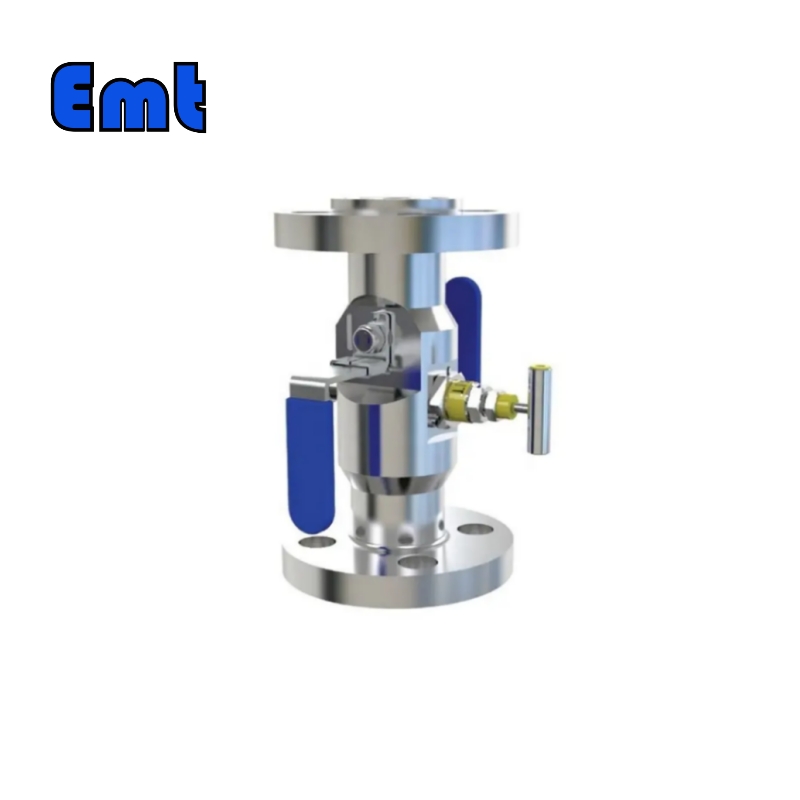
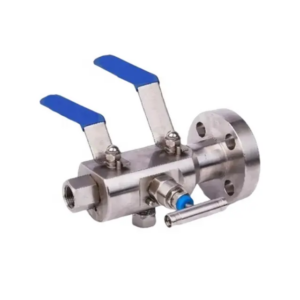
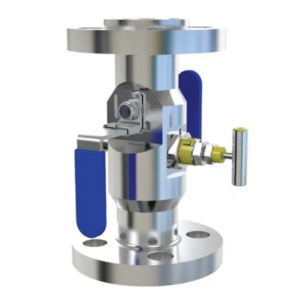
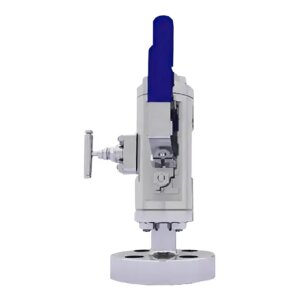
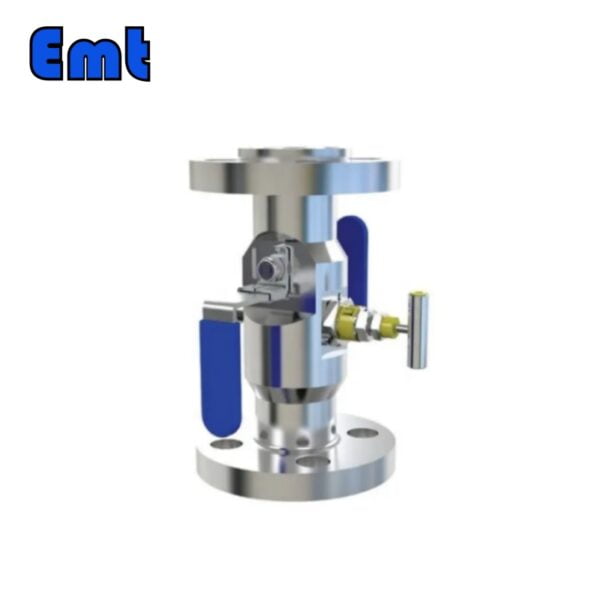
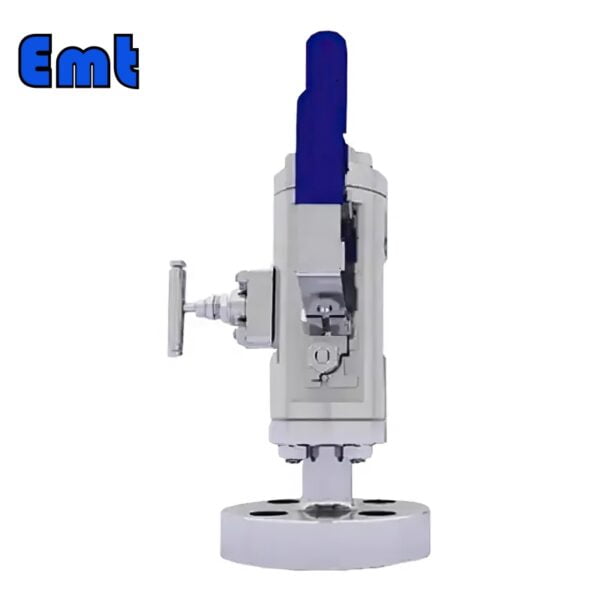
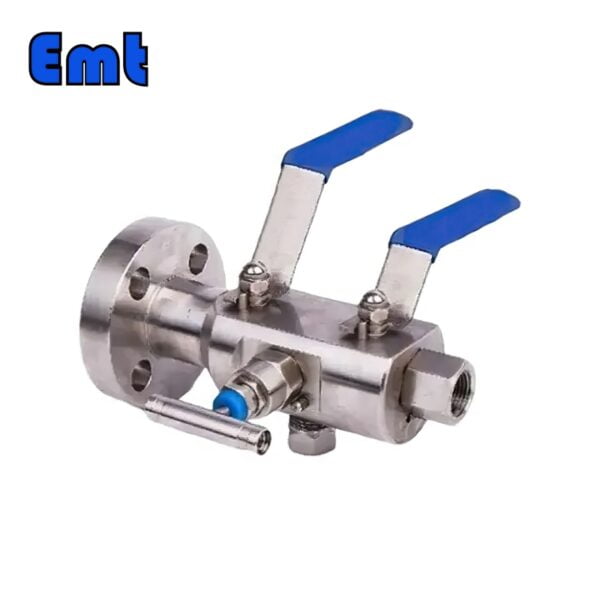
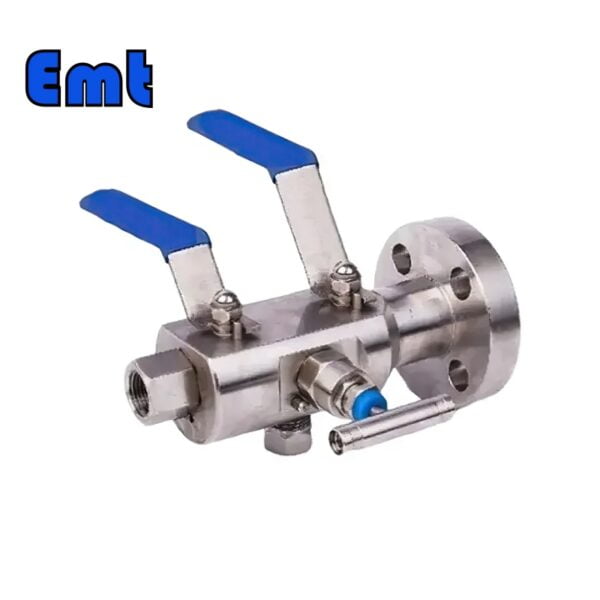
Reviews
There are no reviews yet.